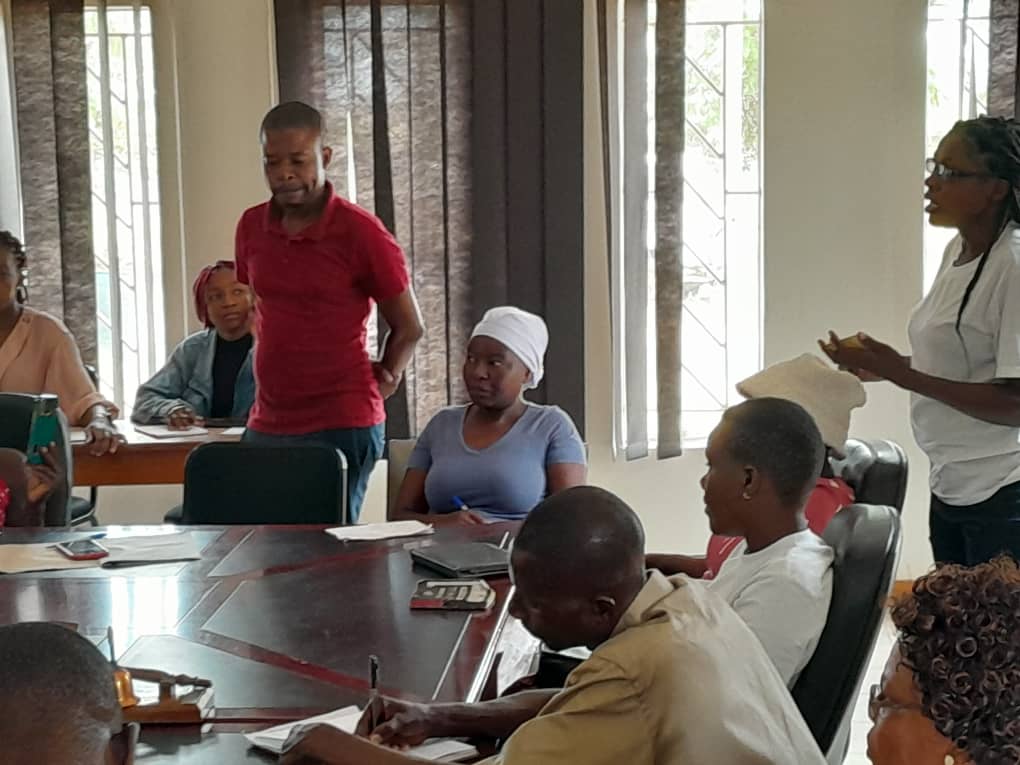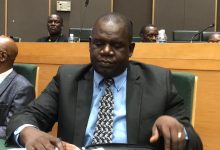Goromonzi RDC Implements New Regulations Empowering Informal Traders

By Joseph Andrasi
Informal traders in Goromonzi have warmly embraced the recent initiatives introduced by the Goromonzi rural district council, featuring 25 new laws aimed at benefiting them.
This sentiment was expressed during a stakeholders’ meeting convened between the residents and the rural district council.
In addition to these legislative changes, the council has instituted a 30 percent retention fund specifically allocated for the development of modern infrastructure and associated amenities, aligning with their comprehensive master plan.
Darlington Mutakura, a vendor operating in the Majuru business center, expressed gratitude for the responsiveness demonstrated by the authorities.
“Before 2020, many of us believed there was no need in engaging the GRDC and councillors because we felt they consulted us merely as a routine and then they would go ahead and implement what they already had in mind.
“However, having been a part of budget consultation trainings conducted by VISET (Vendors Initiative for Social and Economic Transformation) we got to understand why it was important to attend in our numbers such planning meetings and indeed we are reaping the fruits,” said Mutakura
He highlighted the transformative impact of initiatives like the CivActs program, fostering closer ties between informal traders and GRDC officials.
“We have now forged personal relationships, such that it is easy to approach them when we have any issues,” he said
Furthermore, there are plans to integrate council officials, councillors, and even the GRDC Chair into community WhatsApp groups, enhancing information dissemination and accessibility.
Mutakura shared his personal journey, citing the confidence gained from participating in the CivActs project, which empowered him to contest as an independent candidate in the 2023 elections.
“Even though I lost the election for Ward 17 Councilor, I am happy for the experience it gave me, and believe it will assist me in my future plans,” Mutakura said
He also acknowledged the achievements of fellow CivActs participants, including Mary Nyadome and the late Catherine Mutizwa, who successfully campaigned for positions in School Development Associations, breaking traditional gender barriers prevalent in rural Zimbabwe.
Jabulani Chikomwe, VISET programs manager, underscored the significance of the CivActs program within the broader framework of New Narratives for Accountability in Zimbabwe.
“We are pleased with the impact the project has made in the years we have been operating, as there has been increased responsiveness by the supply side as seen by market construction at Ward 16 and 19, along with access to information, as solution-holders are part of the community WhatsApp groups. There has also been an increase in participation by residents in forums such as full council meetings and budget consultations.
“When we came into the district, we were told that GRDC officials were unapproachable and that it was a waste of time consulting them, however we have since established good working relationships with both the GRDC and local government, as represented by the District Development Coordinator’s office.” Chikomwe said









